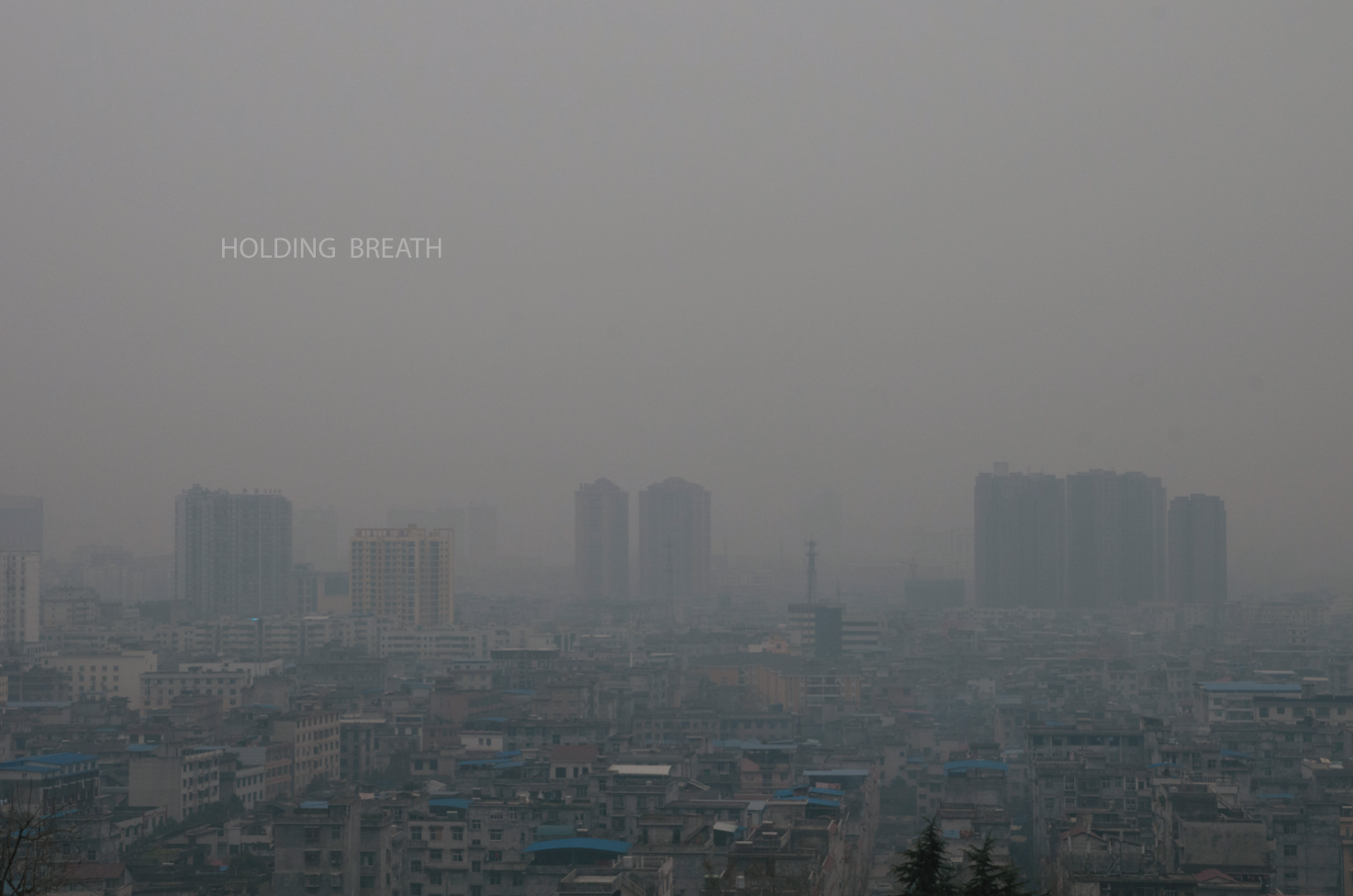Camera Fear Research
This project is a short documentary about people’s reactions to different types of cameras. It is based on a few questions like, why do most people feel uncomfortable in front of cameras? What is the most offensive camera to them? Does the photographer make any differences in this testing? I did the social experiment on strangers and on people I know with an IPhone 6, a DSLR (SONY a7r2 and a Zeiss 28-70mm lens) and a wooden camera made by myself.
Most strangers reacted intensive to the phone, they felt offended and worried, some even got angry during the shooting. On the other hand, people feel less aggressive in front of a DSLR, they are more curious. Surprisingly, there was a man who felt no difference between all cameras; he told me that I invaded his personal space. Last but not the least, the wooden camera made all strangers relaxed and interested.
This test on people I know is less dramatic; most of them seemed prepared for it. They were curious about my actions and no one tried to escape from the camera, some even give me poses and smiles.
I read an article about a research of why people are afraid to be exposed in front of cameras and how to this issue could be fix. It is a project cooperated between a well-known photographer Peter Hurleg and a psychologist Anna Rowley. They call this research and application Psyphotology. I learned from their result that people have their inner critic and lack of confidence while exposed to a camera. Solutions of this problem are to be mentally stronger and believe in yourself. However I think there are more reasons behind it, and more efficient ways to solve this problem, for example, most people know how to show their best side to the camera when they have control of the camera, like taking selfies. Bringing them into the shooting process is my priority consideration to find a good way to relieve their fears.
I first did tests to strangers on the street, I started recording without any warming, people reacted unfriendly, and then I decided to talk to them and shoot during the conversation. Even though I got rejected 100 times, eventually I found some volunteers wanting to cooperate and share their opinions.
In the end of the test, I opened the front camera on the phone to let volunteers see themselves, they were relieved immediately, started smiling to the camera.
As a photographer, I want to know the secrets of camera fear. I always find it hard to see the real side of my models. I want to help them to overcome being nervous and take away their worries while shooting.

